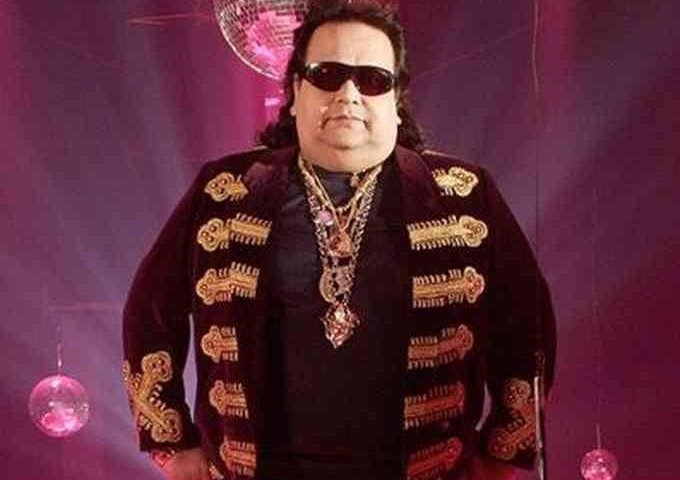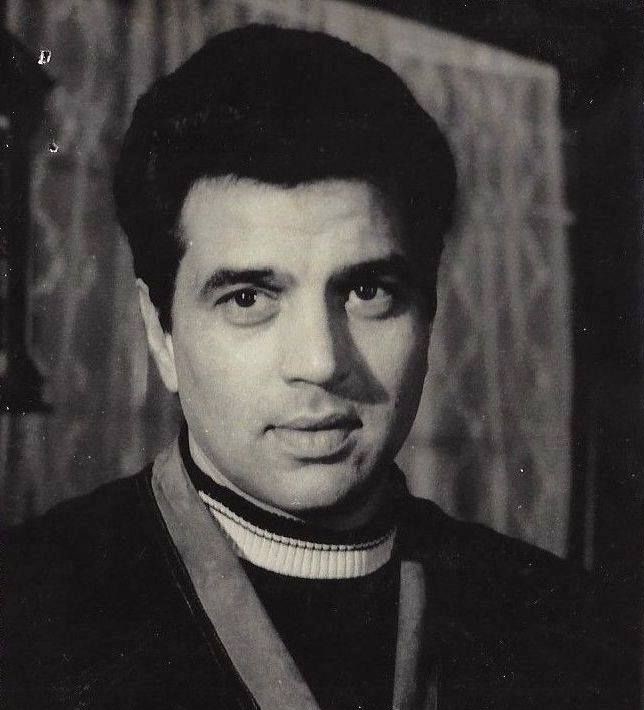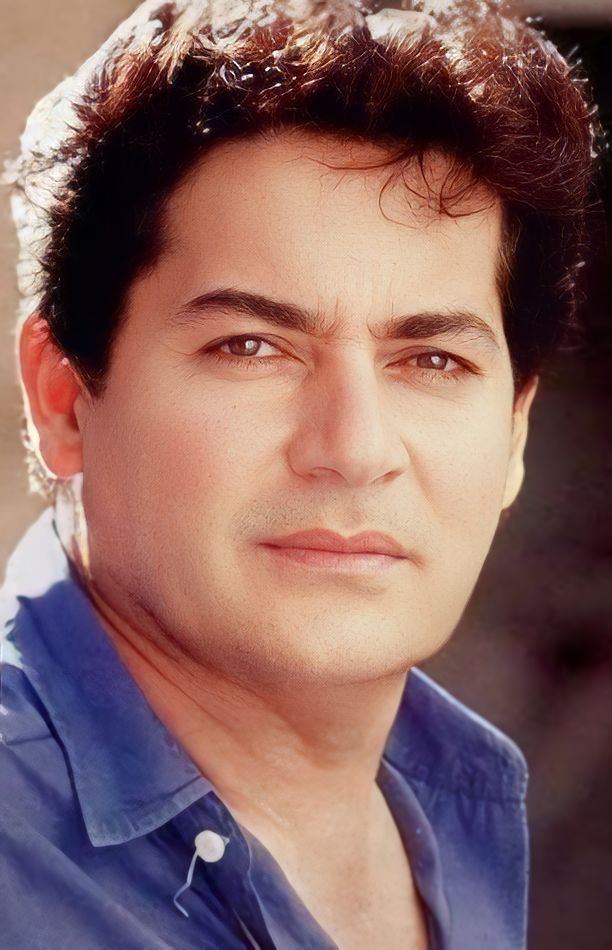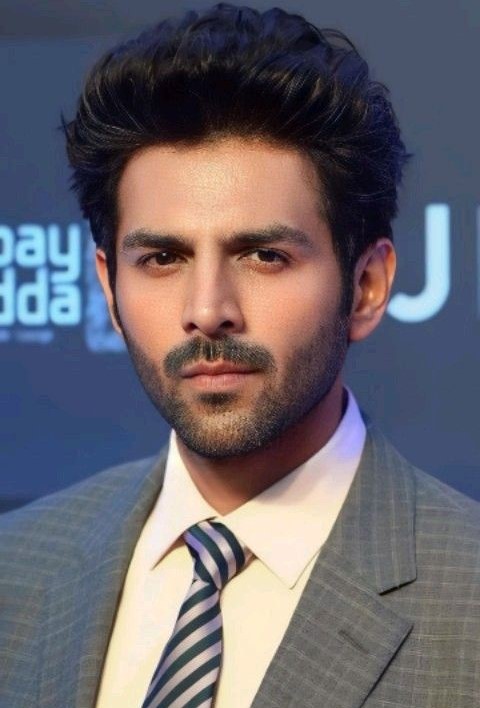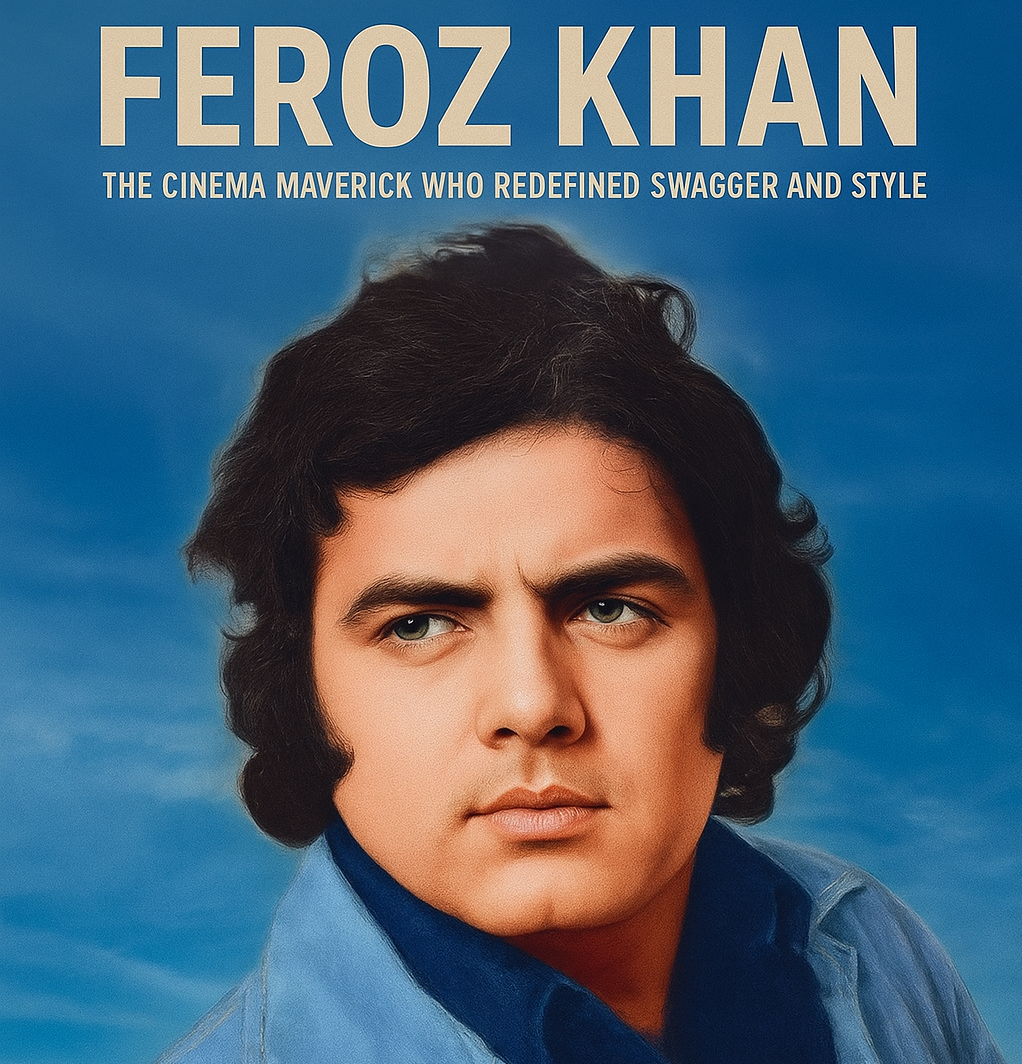
Feroz Khan was more than a Bollywood actor. He was a phenomenon, a trendsetter, and a maverick who infused Indian cinema with suave manliness and extravagant style. Born in Bangalore on September 25, 1939, Feroz Khan's legacy transcends decades — not only as an actor, but also as a director who broke rules and redefined Bombay's commercial Hindi cinema.
Early Life and Foray into Films
Feroz Khan was born Zulfiqar Ali Shah Khan to an Afghan-Pashtun family. He attended Bishop Cotton Boys' School in Bangalore before shifting base to Mumbai to make it big in films. With his sharp facial features, deep voice, and natural charisma, he soon caught attention.
He began his career as an actor in the film Didi in 1960, but it was a couple of years later that he began to make a name for himself. In the 1960s, he acted in several movies — usually as a supporting character — with established stars such as Rajesh Khanna and Sunil Dutt. Feroz Khan, however, possessed a special something — a larger-than-life image that was to become his hallmark.
The Breakthrough and Stardom
Feroz Khan's actual breakthrough was with the 1965 movie Arzoo, in which his performance was noticed, despite not being in the lead. His sense of style and presence on screen were unmatched. Next, he was featured in leading roles in movies such as Aurat (1967), Rakhwala (1971), and Safar (1970).
But it was his 1971 classic Admi Aur Insaan that bagged him his Filmfare Best Supporting Actor Award. It became clear that Feroz Khan was not only a fair-looking actor — he possessed actual screen presence and versatility.
Reinventing Himself: The Director-Producer Era
In the mid-1970s, Feroz Khan took a surprising and daring step — he began to produce and direct his own films. His major directorial debut was Dharmatma (1975), a crime thriller based on The Godfather. It was the first Indian film ever made in Afghanistan, demonstrating his creativity and risk-taking ability. Dharmatma was a massive success and acquired cult status later.
What was most noticeable was Khan's high-quality storytelling, speedy action, dramatic foreign settings, fashion-forward costumes, and glamorous heroines — a marked departure from the traditional Bollywood model of the day. He injected a Western style into Indian films while retaining the soul Indian.
The Cult of Feroz Khan
His next big directorial outing, Qurbani (1980), proved to be one of the decade's biggest hits. Starring Vinod Khanna and Zeenat Aman, the movie had it all — style, romance, high-speed action, and unforgettable music. The song "Aap Jaisa Koi," crooned by Pakistani singer Nazia Hassan, was a sensation and went a long way in ushering the disco age into Bollywood.
Qurbani was not just a movie — it was a cultural revolution. Feroz Khan, cowboy boots, leather jackets, cigars, and red sports cars, had become the coolest man around. He was India's version of James Bond and Clint Eastwood combined.
He followed up with other fashionably successful films such as Janbaaz (1986), Dayavan (1988), and Yalgaar (1992). These movies also tended to be about love, loyalty, betrayal, and morality — with generous helpings of glamor and emotional drama.
Personal Life and Public Persona
Feroz Khan was as showy off-camera as he was on camera. Famous for his extravagant lifestyle, expensive houses, and horses and automobiles, he really lived like a star. But those who knew him in private often found him to be very philosophical, spiritual, and dedicated to his near and dear ones.
He was married once and had two children — Fardeen Khan, who also became a Bollywood actor, and a daughter, Laila. While Fardeen couldn’t replicate his father's stardom, Feroz Khan always supported him and even directed him in Janasheen (2003).
The Final Curtain
Feroz Khan's final big appearance was in Welcome (2007), when he portrayed the trendy underworld don RDX — a character that reminded people how much of a magnet he remained to this very day, even well into his 60s.
He died of lung cancer on April 27, 2009, in his birthplace, Bangalore, surrounded by his family. His death ended an era — a era of gutsy filmmaking, unhinged style, and cinematic splendor.
Legacy
Feroz Khan's contribution to Indian film is massive. He was among the pioneering actor-producers who transitioned into direction with mainstream successes. He didn't follow trends — he forged them. His films transcended geography and aesthetics, and his characters had a blend of machismo and vulnerability that was not common in Bollywood during that era.
Even in today's world, young directors mention Feroz Khan as their inspiration for his fashionable filmmaking and uncompromising cinematic decisions. He was a man before his time — a one-of-a-kind individual who made an unmistakable impression on Indian cinema.
Feroz Khan will always be best remembered as Bollywood's first style icon, but his actual achievement was even deeper — he redefined the very vocabulary of popular Indian cinema. Whether horseback riding in the Afghan deserts or striding through a dimly lit nightclub in slow motion, Feroz Khan made it impossible to look away. And even now, many years after he's passed on, we still can't.
Bappi Lahiri, or affectionately called Bappi da, is one of the most effective and innovative composers in the history of Indian music. Over the course of five decades in his career, he revolutionized Bollywood with a modern, peppy sound that was never heard before. His songs captured the pulse of a changing India that was getting more vibrant, youthful, and ready to welcome global influences. Even today, years after his passing, his melodies continue to echo across generations, proving the timelessness of his genius.
Few stars shine as luminously and as enduringly in the vast and vibrant tapestry of Indian cinema as Dharmendra, affectionately hailed as Bollywood's He-Man. Spanning decades, he remains not just an actor but an emotion, an era, and institution unto himself. From a small-town dreamer to one of the most celebrated and loved icons in film history, his journey is that of being dedicated, humble, and without doubt talented. While generations come and go, the charm of Dharmendra has remained timeless, refusing to pale even for a moment.
On making a mention of the icons who shaped Indian cinema, the name Salim Khan invariably comes to the top. While a lot of people today know him as the father of superstar Salman Khan, Salim Khan's journey itself in Bollywood is nothing less than extraordinary. He is among those rare personalities who transformed the very language of Hindi cinema and set new standards in storytelling.
On 22 November every year, millions of fans worldwide come together to celebrate the birthday of one of Bollywood's most loved and bankable stars-Kartik Aaryan. With a career marked by sincerity, hard work, and a sparkling screen presence, Kartik has grown into a symbol of youthful ambition, middle-class determination, and cinematic charm. His journey-from a hopeful boy with dreams to a superstar who commands the screen-is not just inspiring but beautifully relatable.
Lights Camera Audition!
Don't miss out on the latest updates, audition calls, and exclusive tips to elevate your talent. Subscribe to our newsletter and stay inspired on your journey to success!




